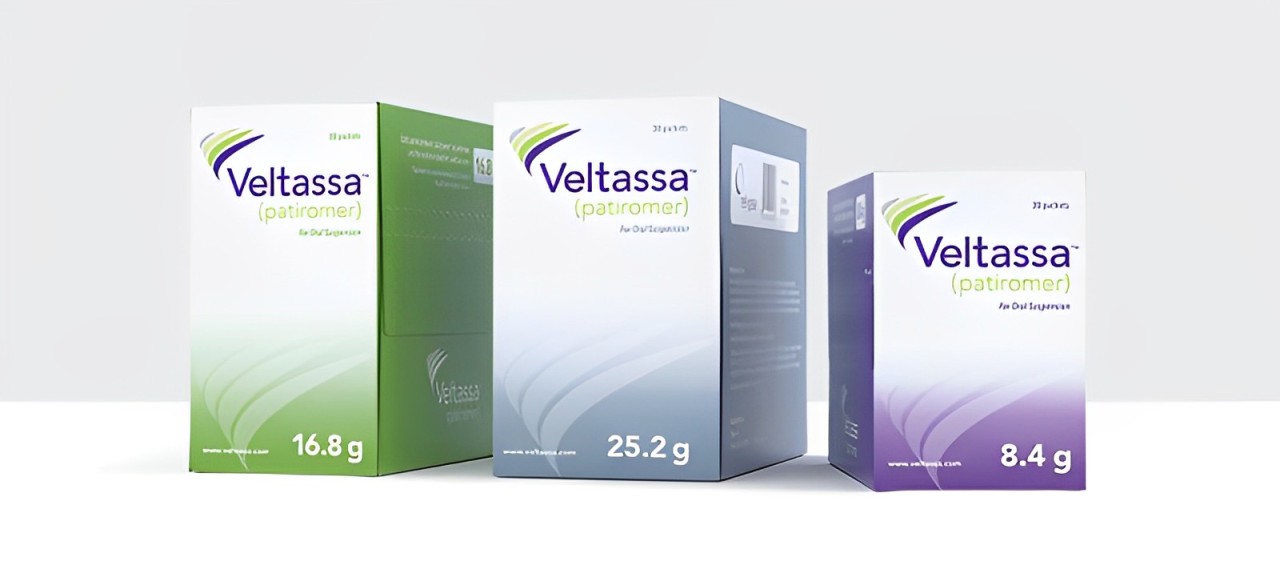Japan Approves Veltassa® for Treating Hyperkalemia in Adults with Chronic Kidney Disease and Heart Failure
Veltassa® approved in Japan to manage hyperkalemia in adults with chronic kidney disease and heart failure.
Breaking News
Sep 24, 2024
Mrudula Kulkarni

CSL Vifor and Zeria Pharmaceutical Co., Ltd. have announced
that Japan's Ministry of Health and Labor Welfare (MHLW) has approved Veltassa®
(patiromer) for the treatment of hyperkalemia in adults. Hyperkalemia is a
condition characterized by elevated potassium levels in the blood, which can
pose serious health risks, particularly for individuals with chronic kidney
disease (CKD) or heart failure (HF).
Veltassa®, a long-term potassium binder that helps manage
potassium levels effectively and is well-tolerated, has already received
approvals in 41 countries, including the U.S. and Europe. This latest approval
in Japan will be a crucial addition for the over 300,000 Japanese patients
suffering from hyperkalemia, often exacerbated by medications used to treat CKD
and HF, such as renin-angiotensin-aldosterone system inhibitors (RAASi).
Zeria Pharmaceutical will handle the marketing of Veltassa®
in Japan, with sales expected to commence following National Health Insurance
price listing. The approval is based on positive clinical data from Japanese
trials conducted by Zeria.
Hervé Gisserot, General Manager of CSL Vifor, praised Zeria
for its efforts in bringing Veltassa® to Japan, calling it a milestone in
addressing the growing needs of patients. He emphasized the importance of this
new therapy for diverse patient groups and the potential for hyperkalemia
management to prevent further complications from CKD and HF.
Veltassa® works by binding potassium in the colon and
helping the body excrete it naturally, making it a critical therapy for
patients requiring consistent potassium control without compromising their
ongoing treatment regimens.
With this approval, both CSL Vifor and Zeria Pharmaceutical
look forward to further expanding Veltassa®'s reach and enhancing the lives of
hyperkalemia patients globally.
